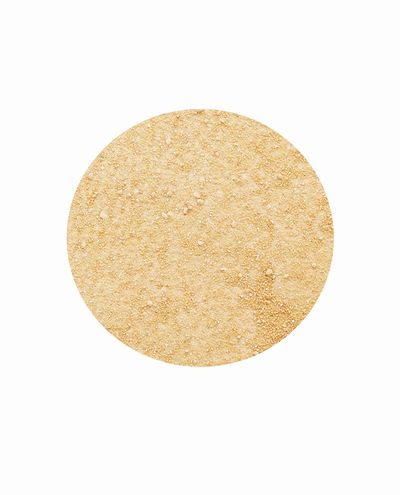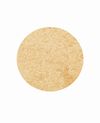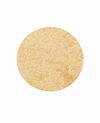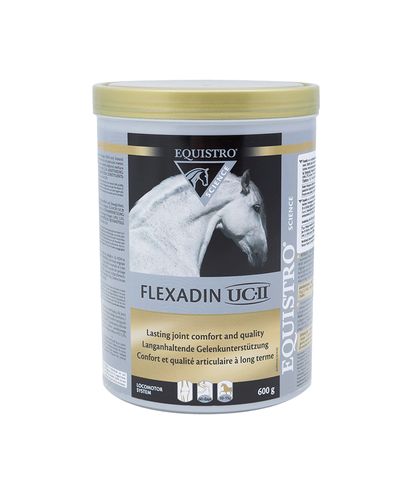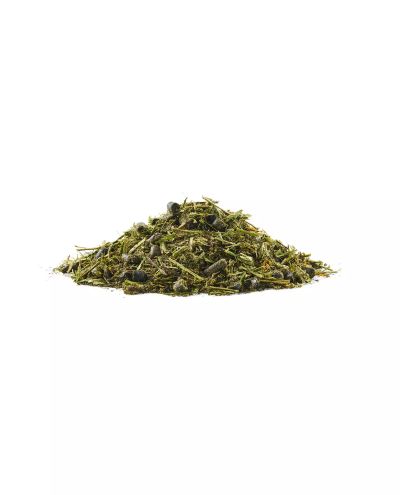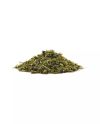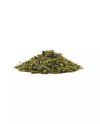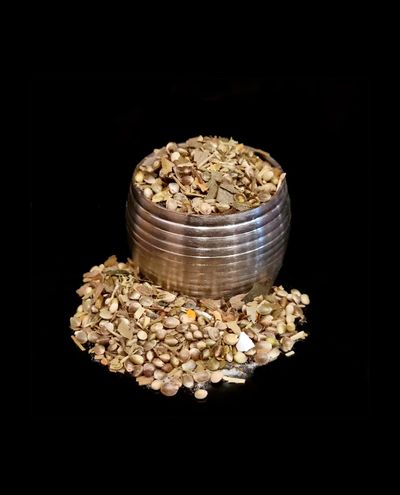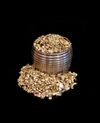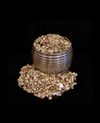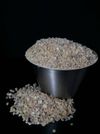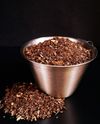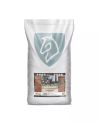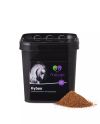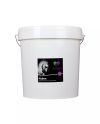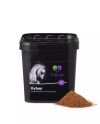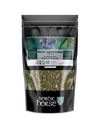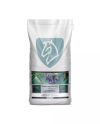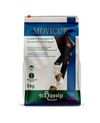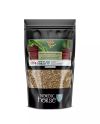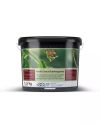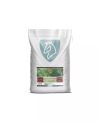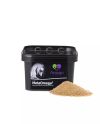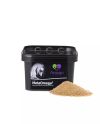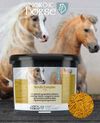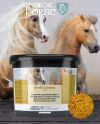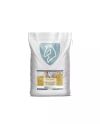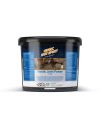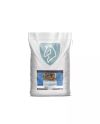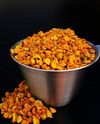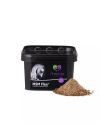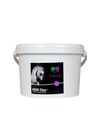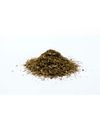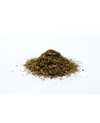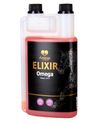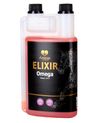$ 42.84 VAT. 13.5%
30 product
$ 198.34 VAT. 13.5%
- Feed for people with metabolic disorders
- For Icelandic horses to support welfare
- full fodder
$ 50.78 VAT. 13.5%
$ 41.60 VAT. 13.5%
$ 79.30 VAT. 13.5%
$ 18.54 VAT. 13.5%
$ 30.94 VAT. 13.5%
$ 49.54 VAT. 13.5%
$ 60.64 VAT. 13.5%
$ 60.70 VAT. 13.5%
$ 99.14 VAT. 13.5%
$ 116.50 VAT. 13.5%
$ 18.54 VAT. 13.5%
$ 118.98 VAT. 13.5%
$ 32.18 VAT. 13.5%
$ 114.02 VAT. 13.5%
$ 73.10 VAT. 13.5%
$ 152.46 VAT. 13.5%
$ 61.94 VAT. 13.5%
$ 49.54 VAT. 13.5%
$ 78.06 VAT. 13.5%
$ 44.58 VAT. 13.5%
$ 28.46 VAT. 13.5%
$ 35.90 VAT. 13.5%
You have viewed 24 / 30 product
Joint problems in horses are quite common and can affect the horse's health and performance. The prevention and treatment of joint problems in horses can vary greatly depending on the situation. Regular veterinary checkups, a balanced diet, appropriate exercise, rest, and, if necessary, treatments and medications recommended by a veterinarian can help manage joint problems and ensure the horse's well-being. It is important that the horse's owner and caretaker are aware of possible joint problems and strive to provide the horse with the best possible care. Feeding can have a significant effect on the well-being and health of a horse with joint problems. The right kind of diet can help reduce inflammation, maintain healthy joint tissues and support the horse's general rehabilitation. Here are some tips to help feed a horse with joint problems: Balance of diet: Provide your horse with a balanced diet that contains the necessary nutrients, such as proteins, vitamins, minerals and fats. High-quality hay is usually a good foundation, and if necessary, a veterinarian or stable wholesale specialist can recommend supplements. Omega-3 fatty acids: Omega-3 fatty acids are known to reduce inflammation in the body. An increased intake of omega-3 fatty acids can help a horse with joint problems. This can be achieved, for example, by offering different types of oily seeds, vegetable or fish oil. Glucosamine and Chondroitin: These are joint health supplements that can help reduce the symptoms and inflammation of osteoarthritis. MSM and collagen: In particular, triple-helix patented collagen helps slow down the progression of osteoarthritis. Ask more about triple-coiled collagen stable hair (MSM Flex). Antioxidants: Antioxidants, such as vitamins C and E, can help fight stress and inflammation in the body caused by free radicals. Reduce sugar and starches: Excess sugar and starches can cause inflammation and excess weight. Avoid feeds that are high in sugar and starch, especially for a horse with joint problems. Good quality hay: Good quality hay is important and should be the main food source. The nutritional value and energy content of hay can vary, so it is good to monitor the horse's weight and adjust the amount of hay as needed. Veterinarian or Nutritionist Guidance: Each horse is unique, so it is recommended to consult a veterinarian or nutritionist who can provide more specific advice on your horse's feeding and needs. From Tallituku, you can get individual advice on your product choices. It is important to understand that there are many factors involved in feeding a horse with joint problems, and the above tips are general guidelines. Each horse's situation may be different, so an individual approach is the best way to ensure the horse's well-being and health. Here are some more common joint problems in horses: Osteoarthritis: This is one of the most common joint problems in horses. In osteoarthritis, joint cartilage wears down over time, causing inflammation, pain and movement restrictions. It can be caused by aging, overuse, injuries or hereditary factors. Ligament injuries: A horse's joints are supported by ligaments, which can be damaged, for example, as a result of sudden strain, falls or bumps. Ligament injuries can cause instability and pain in the joints. Bursal infections: Bursas are structures around the joints that produce joint lubricant. Inflammations can be caused by overuse or injury, for example, and can cause swelling and pain. Joint Hypermobility: Some horses may have a congenital tendency towards joint hypermobility, which predisposes them to joint injuries and instability. OCD (osteochondritis dissecans): This is a joint problem where joint cartilage is damaged and chunks of cartilage can become detached. It can cause pain, stiffness and movement restrictions. Navicular disease: This is a joint problem in the horse's hoof area that can cause chronic pain and lameness. Hoof Fractures: Hoof fractures can be caused by sudden trauma and cause severe pain and lameness. Excess weight on the joints: Excess weight can increase the load on the joints and expose the horse to joint problems.

